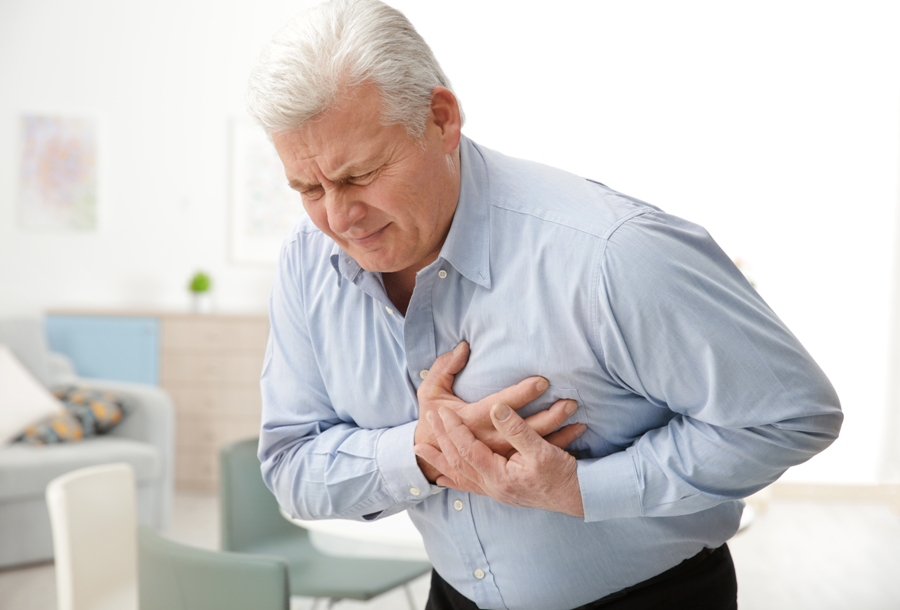More than 1 million Americans suffer a heart attack every year. Cardiovascular disease is considered the leading cause of death. Some People ignore the symptoms and it’s too late to ask doctors for help. Cardiovascular disease linked to the high cholesterol, high blood pressure, obesity, smoking, diabetes, or genetic inheritance, are more likely to develop cardiovascular disease. The more risk factors you have, the more you should take care of the symptoms.
Chronic Fatigue
Although you have a good sleep program, sometimes you get tired and you feel sick. low oxygenation of tissues. The heart cannot pump blood properly in your body, so you feel tired all the time. If this period lasts too long, need to consult the doctor. If you feel tired always, it could be a sign of heart failure. If you know you have no reason to be tired, do not seek explanations on the Internet and go to the doctor. In these situations, every second is important.
Breathing Difficulties
People who are panting, when resting or exercising a minimum of effort, may have a lung disease such as asthma or a chronic obstructive pulmonary disease. Breathing difficulties may also indicate an infarct or heart failure. Sometimes, people who have a heart attack do not feel chest pain, but they just have difficulty breathing.
Pain in Other Parts of the Body
In many situations, heart attack starts with a chest pain that spreads to the shoulders, arm, elbows, back, neck, jaws or abdomen. In other cases, chest pain does not exist but occurs only in these parts of the body.
Foot Pain
Do you often experience muscular pain when walking or climbing stairs? Your body may be trying to tell you that you have heart problems, you can suffer from peripheral artery disease (inadequate blood flow through the arteries).
Dizziness
Few people think this subtle sign might indicate a heart problem. If you get dizzy right after you have a sports activity, your heart may not work properly. Of course, this symptom may also occur in case of dehydration or anemia, so it is best to talk to a specialist to find out what the trigger factor actually is.
Migraines
A headache is not always just that. This may indicate that you are experiencing a cardiovascular disorder. Studies have revealed that nearly 40% of people who often face migraines have heart problems. Specialists have concluded that both migraines and cardiovascular disease can be the result of an autonomic nervous system imbalance.







Recent Comments